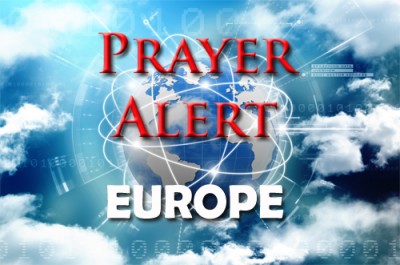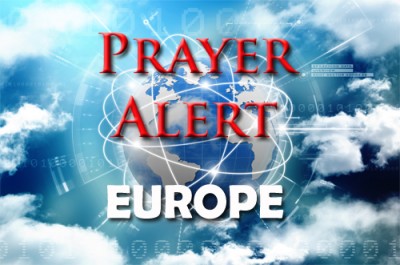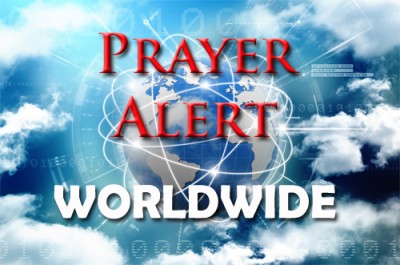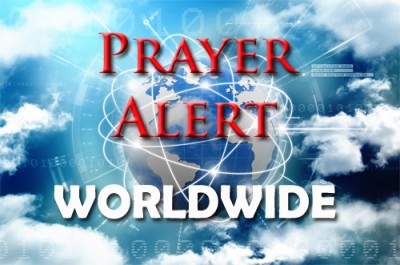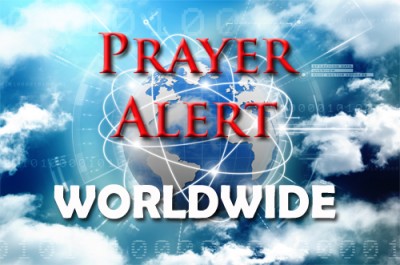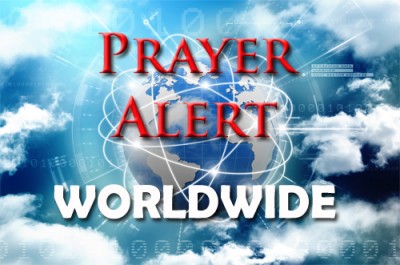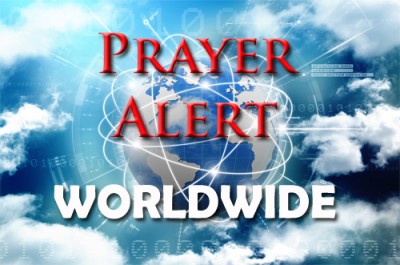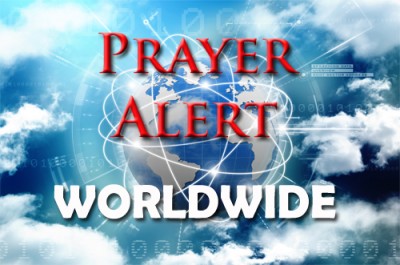European Council meeting today
16 Sep 2016A European intercessor writes, ‘Today the heads of state who make up the European Council will meet in Bratislava (Slovakia holds the EU presidency). This meeting is important because the Council must find a way forward for the EU after Brexit. There are two opposite conceptions for a future structure of the EU. One is ‘more Europe’, which means to continue on the way of integration and becoming a closer Union. This is the position of both the President of the European Parliament (Schulz) and the President of the Commission (Juncker). The second is ‘less Europe’ which means strengthening the independence of the national states. This is the position of Poland, Hungary and many other states. This decision includes the question: who is leading the European Union in the future, the Commission or the Council? Angela Merkel clearly speaks for the Council.’
IS recruiting desperate jihadists
16 Sep 2016Many IS terrorists originate from Europe and North America, with recruiters taking advantage of the economically marginalised. In Tunisia, 90% of recruits are from marginalised neighbourhoods. Over half of the Tunisian population is aged under 30, and 40% of them are unemployed. In Jordan, 70% of the population is under 30 and 1/3rd of them are unemployed. It’s no coincidence that IS is building networks in marginalised neighbourhoods, towns and refugee camps across Europe - something that Al Qaeda had never even considered. ‘The government is not hiring, and no companies are investing’, explained a young man. ‘We can spend the rest of our lives in limbo or earn a living wage as part of their caliphate.’
Syria: tenuous cease-fire starts
16 Sep 2016The US/Russia-brokered cease-fire for Syria came into effect on Monday and will end at midnight on Sunday. Nations hope the truce can lead to the revival of peace talks between Assad’s government and the rebels battling to overthrow him and contribute to efforts to defeat IS and other extremists in Syria. Russia’s Deputy Foreign Minister Mikhail Bogdanov said peace talks between opposition groups and the government could resume as early as next month. However, that scenario is complicated by the fact that Jabhat Fateh al-Sham remains intertwined with several other groups who are fighting on the ground and harshly criticised the US/Russian agreement to reduce violence. However, it did not reject the ceasefire, and along with the 21 insurgent groups welcomed plans to deliver aid to besieged areas of the northern city of Aleppo, saying it will help facilitate them. Pray for peaceful strategic military objectives to be achieved, with ongoing UN-established aid corridors into areas.
Global famine report - 30 August 2016
16 Sep 2016The nutrition situation in Borno and Yobe states in NIGERIA is extreme. The Boko Haram conflict has contributed to large-scale population displacement, limiting market activity, and restricting normal livelihoods. Other areas of highest concern are ETHIOPIA: following a severe drought, more people will need food assistance over the coming year than at any time in the past ten years. SUDAN: below-average national food production and very large pasture deficits. SOUTH SUDAN: conflicts continue to disrupt trade, humanitarian access, and livelihoods. Food security has deteriorated to ‘Emergency’ in Northern Bahr el Ghazal. YEMEN: extensive conflict has reduced incomes and elevated food prices. Food is inadequate for poor households. Many are suffering from the 2015/16 El Niño which led to drought. SOUTHERN AFRICA: 2016 is a second poor food production year. The number of people in crisis is expected to continue to increase through the year . HAITI: there are below-average agricultural seasons, reduced labour demand, and continuing high staple food prices.
Iraq: tragedy for Christians
16 Sep 2016IS has spread from Syria to Iraq; giving Christians the ultimatum - convert, submit, or die. In Basra and Baghdad Christian women are threatened in the workplace and forced to wear headscarves. Many have been driven out. There is low-level persecution of Christians by the government and its Shia-dominated army. Kidnapping is commonplace. ‘The future looks bleak for Christians in Iraq,’ says Paul Robinson of Release, ‘Christians are caught in the crossfire.’ The'ar and his family fled from Baghdad to the Christian village of Qaraqosh, but had to flee again when it was captured by IS. The'ar said, ‘We have no future. Our prayer is to leave this country, just to be human and to raise our kids with dignity.’ However, there are rays of light. Thousands of refugees have trekked through the desert to Kurdistan, which has declared itself a safe haven for Christian refugees. It is one of the few areas of the Middle East where churches for Muslim-background believers are flourishing.
Thailand: Pakistani Christians are unwanted
16 Sep 2016New rules regarding the UNHCR process have been decried by Christian advocates in Thailand, who claim that the change in rules disproportionately target Pakistani Christian refugees. Fleeing persecution in their homeland, Pakistani Christians comprise the largest portion of the refugee community in Thailand. Thai authorities often view these refugees as illegal immigrants, round them up, and detain them in deplorable conditions. On their arrival in Thailand they soon discover they are unwanted when their travel visa expires and they apply for asylum at the UNHCR. Here they are advised that despite having an official UN asylum registration, Thailand's refusal to sign UN conventions on asylum means that their status is illegal. Will pressure from the international community help change the UNHCR process for the better, or will the situation for Pakistani Christian refugees continue to get worse?
Israel: ‘Study the Bible’, says Netanyahu
16 Sep 2016At a cabinet meeting ahead of the new school year, Benjamin Netanyahu urged students to study the Bible and their Jewish heritage. ‘Our objective is to carry out an education revolution,’ he said. ‘This will be based on two things: excellence and Zionism. Excellence, to enable every child to realise their potential, and Zionism, based on the study of the Bible and Jewish heritage, to understand why the Jews are in Israel. First of all, the study of the Bible. We must make a major effort - this is the basis for why we are here, why we have returned here, why we stay here.’ Education Minister Naftali said, ‘We need to highlight our national values, Zionism, love of country and service to the state, and the strengthening of our shared Jewish roots. Knowledge is a critical word.’
UN global tax?
16 Sep 2016A UN tax on all foreign exchange transactions is being considered, with a move towards new models of funding, ‘believing that in our interconnected world there is a need to find new ways to fund solidarity that goes beyond national borders’. The UN have considered the political feasibility, costs and benefits of a ‘Financial Transaction Tax’ (FTT) or Tobin Tax, to raise between US$25 and 34 billion annually in Europe. However, many believe that the tax is a danger to national sovereignty and to the necessary transparency of the UN; so they are calling upon policy-makers at all levels to reject the Global UN Tax. A global tax has long been on the UN radar; they proposed it in the annual Human Development Report as early as 2011. A global tax on financial transactions would bring trillions of dollars into the UN and countries would have no say on how it is spent.
